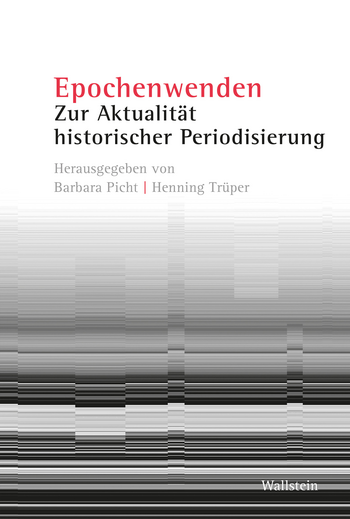


Locke konzipierte mit seiner Anthologie "The New Negro" (1925) die maßgebliche theoretische Grundlage der Harlem Renaissance und rekurrierte dabei auf eine Reihe von europäischen Renaissance-Motiven, die im Beitrag herausgearbeitet werden: das Moment des Humanismus und Individualismus der Renaissance, die Zentralität von Porträts, sowie die Wiederaneignung einer positiv konnotierten Vergangenheit, die Locke sowohl in der afroamerikanischen ‚Volkskultur‘ in den U.S.-amerikanischen Südstaaten als auch in afrikanischen Kulturen verortet. Die Komplexität des sich daraus ergebenden, epochenbildenden Akts der Aneignung der europäischen Renaissance hat eine bis in die Gegenwart nachwirkende Konsequenz: Lockes Akt der Aneignung ließ und lässt sich seinerseits für vielfältige Akte der kulturellen und geistigen Aneignung nutzen.
This chapter examines the African American philosopher Alain Locke’s appropriation of the concept of the Renaissance and takes up the discussion of the ‘multiple renaissances thesis’, which posits that cultures other than European ones often also had a Renaissance. With his anthology "The New Negro" (1925), Locke conceived the authoritative theoretical basis of the Harlem Renaissance, drawing on a number of European Renaissance motifs that are studied in this article: the humanism and individualism of the Renaissance, the centrality of portraits, and the reappropriation of a positively connoted past, which Locke locates both in African American ‘folk culture’ in the southern United States and in African cultures. The complexity of Locke’s epoch-making act of appropriation has had consequences that continue to reverberate to the present day: Locke's appropriation of the European Renaissance has been and continues to be used for a variety of acts of cultural and intellectual appropriation.
Gianna Zocco ist Komparatistin am Leibniz-Zentrum für Literatur- und Kulturforschung (ZfL) in Berlin, wo sie derzeit ein ERC-Starting Grant Projekt zu afroeuropäischer Literatur und literarischen Akten transkultureller Aneignung leitet. Sie forscht u.a. zu afroamerikanischer Literatur mit Deutschland-Bezug, James Baldwin, afroeuropäischen Europa-Konzepten, Schwarzer deutscher Literatur sowie zum kamerunisch-deutsch-französischen Autor Dualla Misipo.
mehr